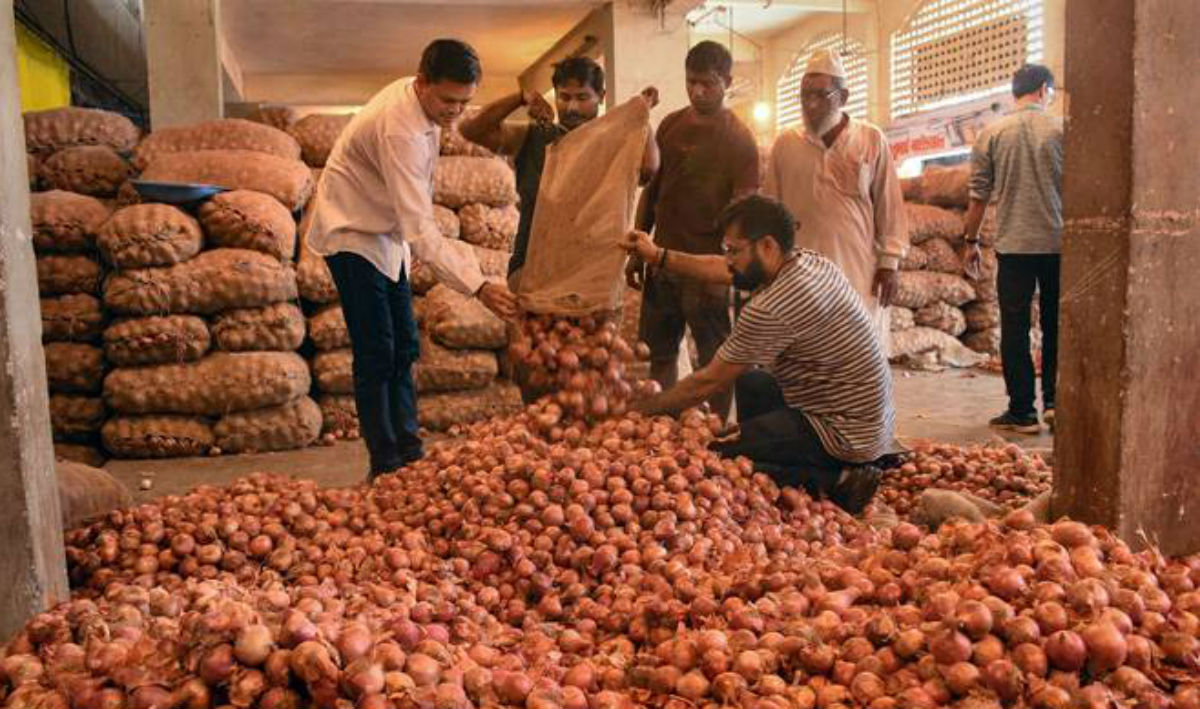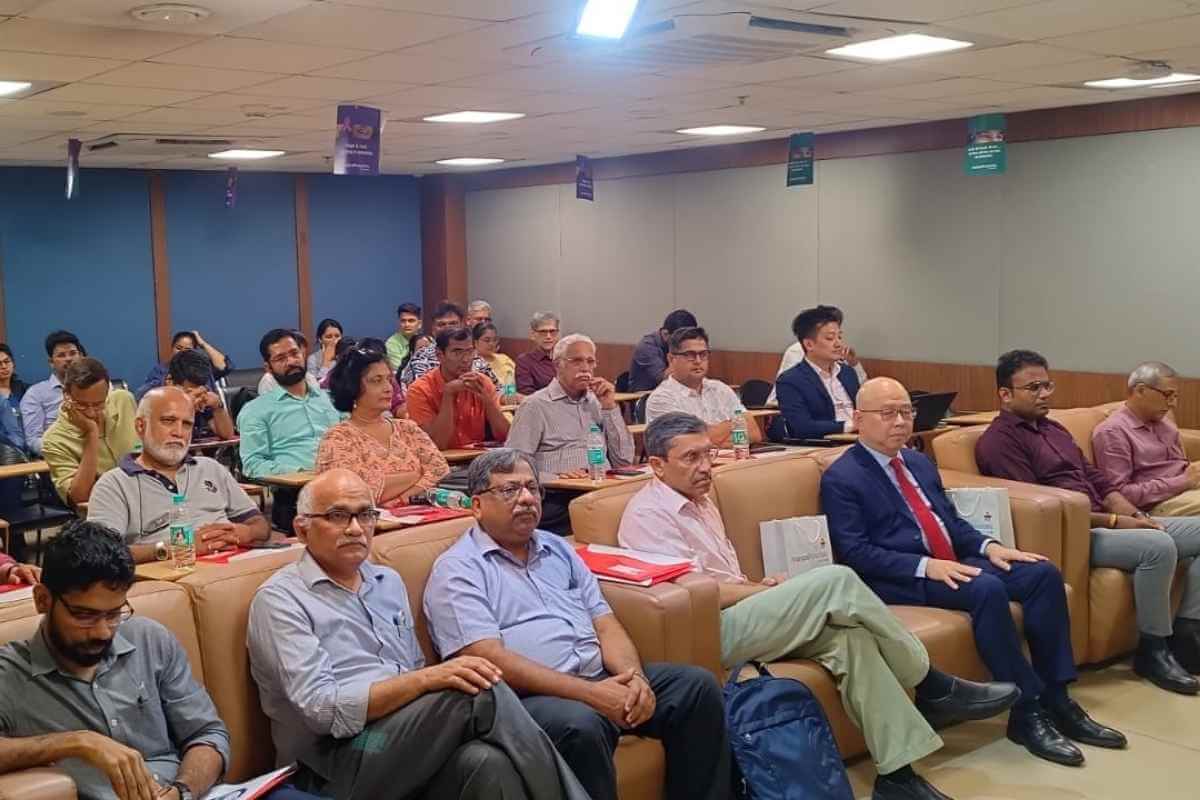Goan soil is just fertile enough as any in the neighbouring states, the climate and rain also suitable to grow many varieties of vegetables and fruits in the state but the lack of manpower to work in the field and better options of growing real estate prices made them dependent on the neighbouring states for all the necessary commodities. Who will grow the onion in the field when the land is fetching a high value.
According to the report published by the TOI, the farmers in Goa have taken the offence of the statement of the Chief Minister in which he said that due to the Laid Back Attitude “Susegad Nature” of Goan the farmers did not cultivate the onions.
The farmers confront the statement of CM saying that they could not cultivate the Onion due to lack of seeds and shortage of Manpower and over the above better quality and rates from the neighbouring states made them dependent.
“We used to grow around 100kg of onions on our farm alone. However, over the years, seed availability became a problem, due to which most farmers in Goa discontinued the practice,” said Ulhas Salgaonkar, a former onion farmer from Mayem, who now drives a taxi to sustain himself.
“When Goa started importing onions from the neighbouring states, they were available at a cheaper rate compared to the Goan variety of onions, causing a shift in consumer pattern,” he added.

It is very natural that when our own produce becomes expensive due to whatsoever reasons, the competition strikes in. The locals have grown the onions in the field but the quality was never sufficient and most of the time just like rice it was enough only for the self-consumption.
Besides the production capacity, it was also the quality of the produce that mattered the most. According to the sources, local varieties of onions were much smaller in size compared to the bigger bulbs sourced from neighbouring states. “The laterite soil in Goa did not support the big varieties,” explained Rohan Joshi, spokesperson of All Goa Farmer’s Sangh.
“Even when farmers here used to grow onions, it was on a small scale, grown as a winter crop in paddy fields after the harvest season. There was no commercial cultivation of Goan onions—the farmers used 80% of the crop for self-consumption,” Joshi said.
Alone growing the crop does not make it sustainable, there are procedures needs to be followed and in the case of onion, it is more tedious. “Simply growing the crop is tedious enough, the drying process requires building an elevated bamboo structure,” said the sources.
The truth is that growing real estate value made Goan more comfortable to sell the land than using it for the growing the onions or rice in the field. “Onion farming is a commercial activity in other states. In Goa, real estate has more value and it is eating into the farms,” he said.
source: TOI

























